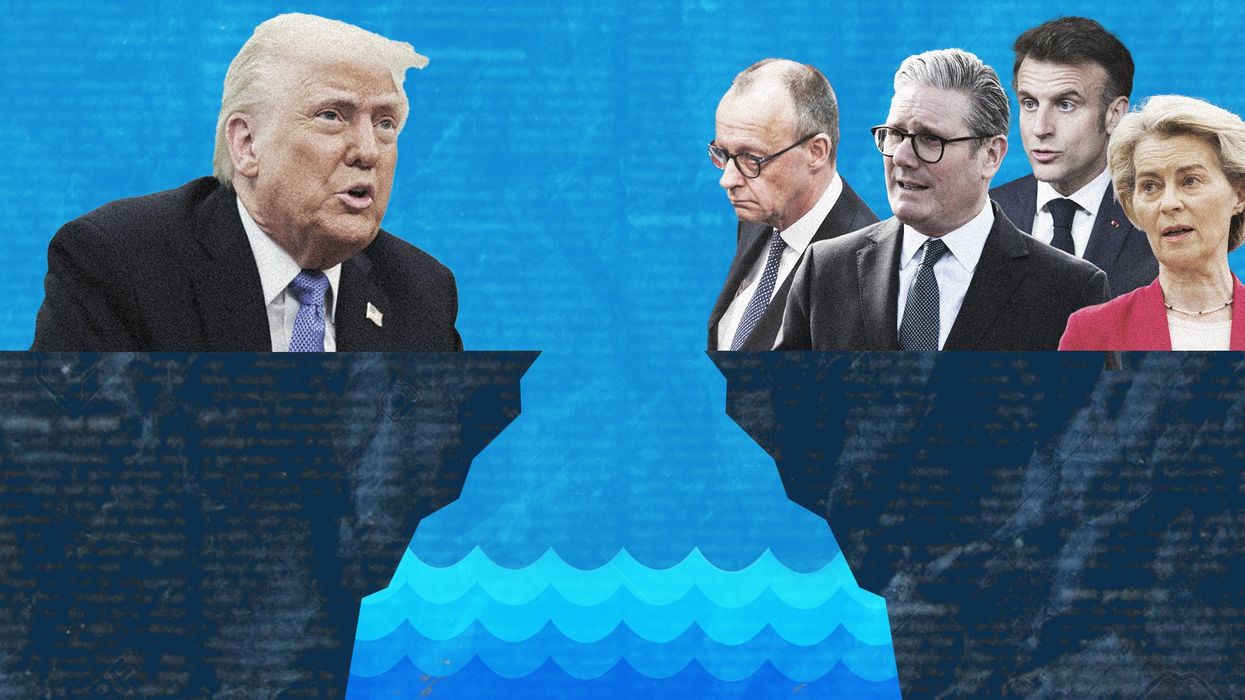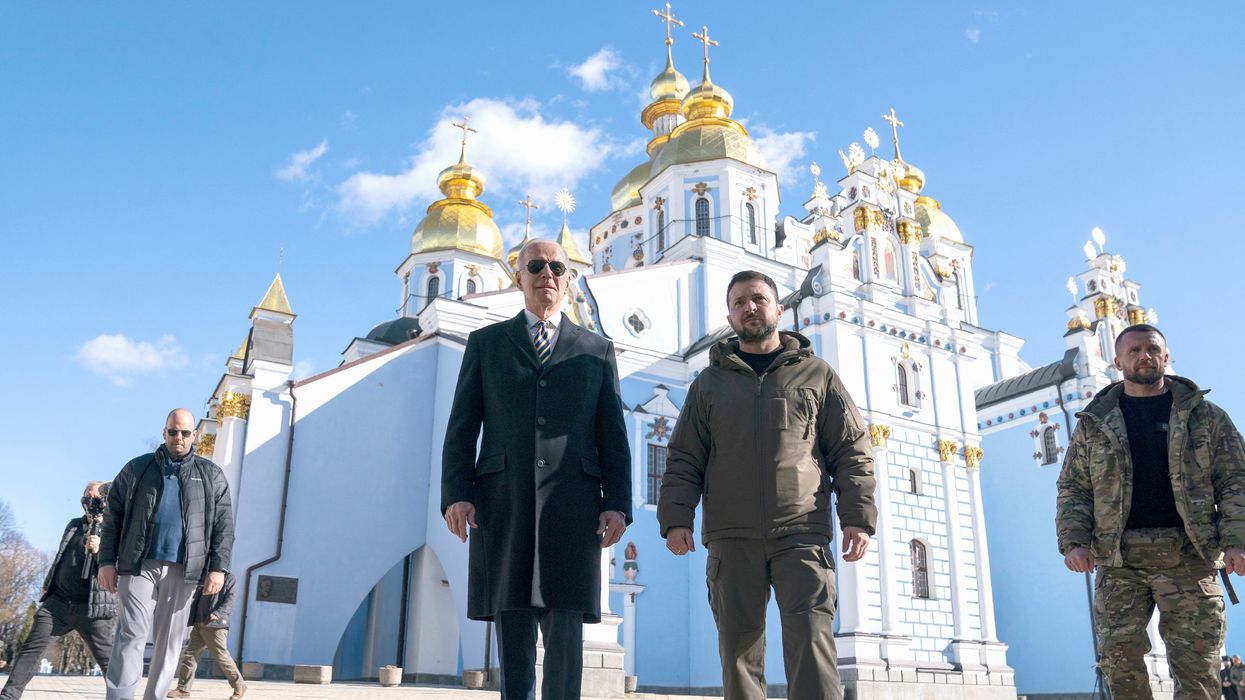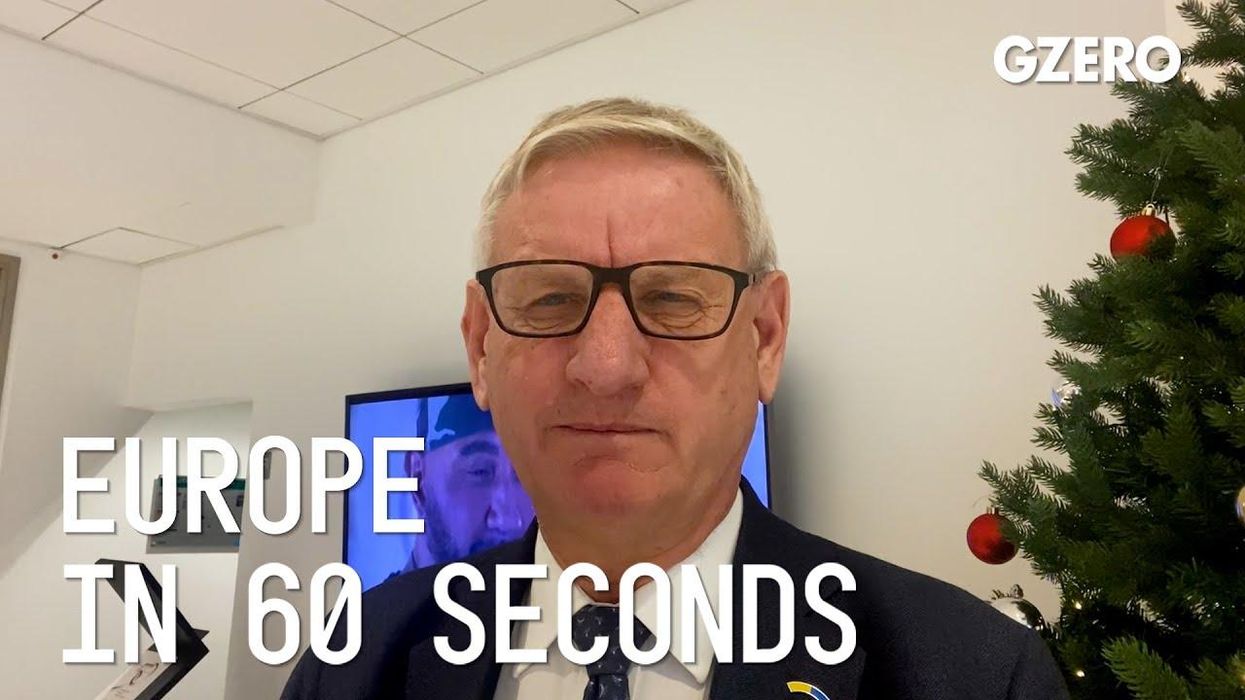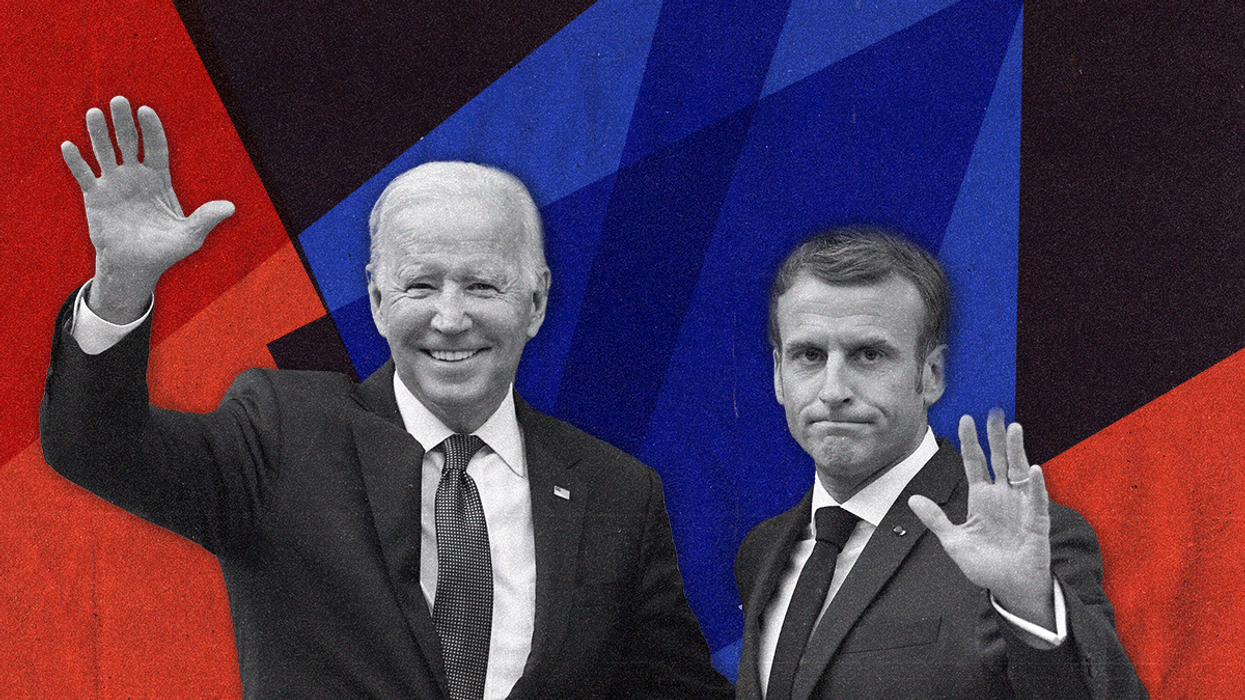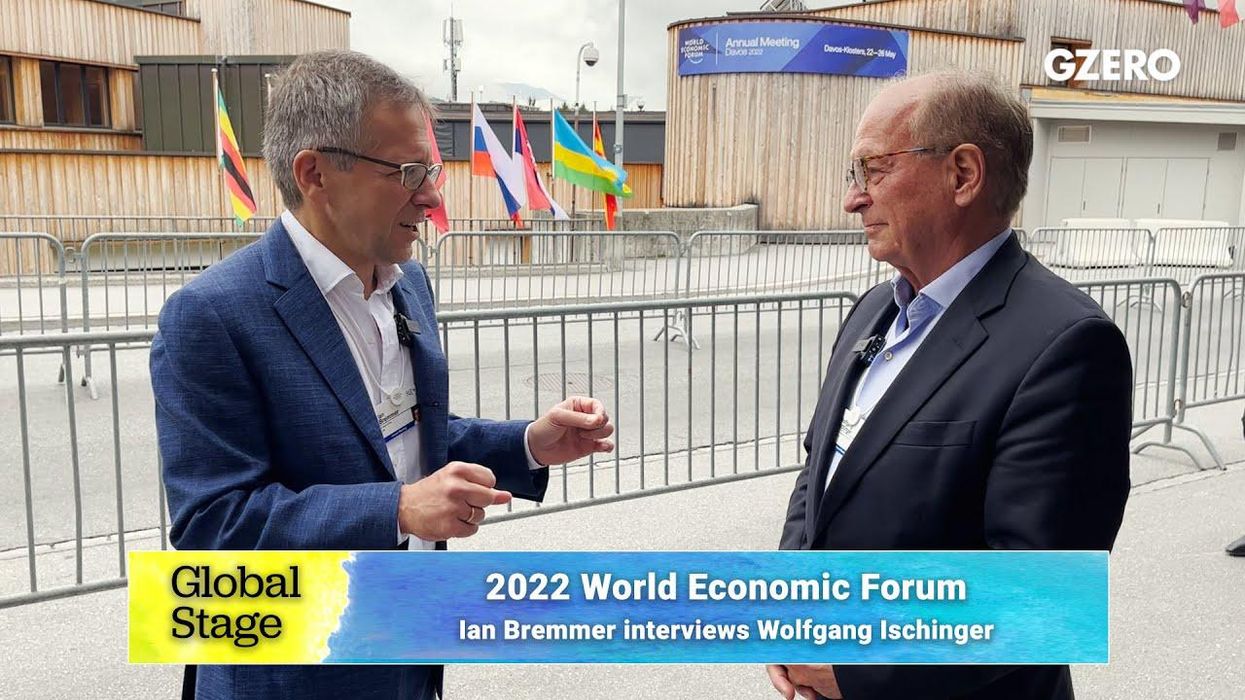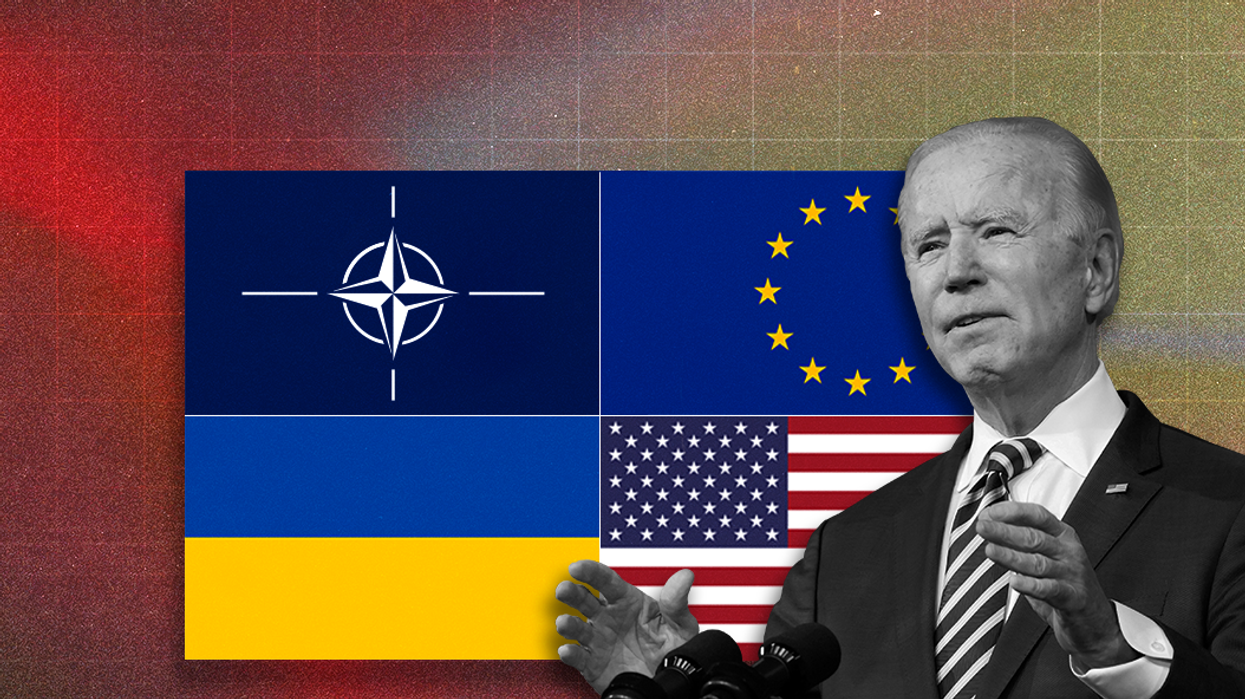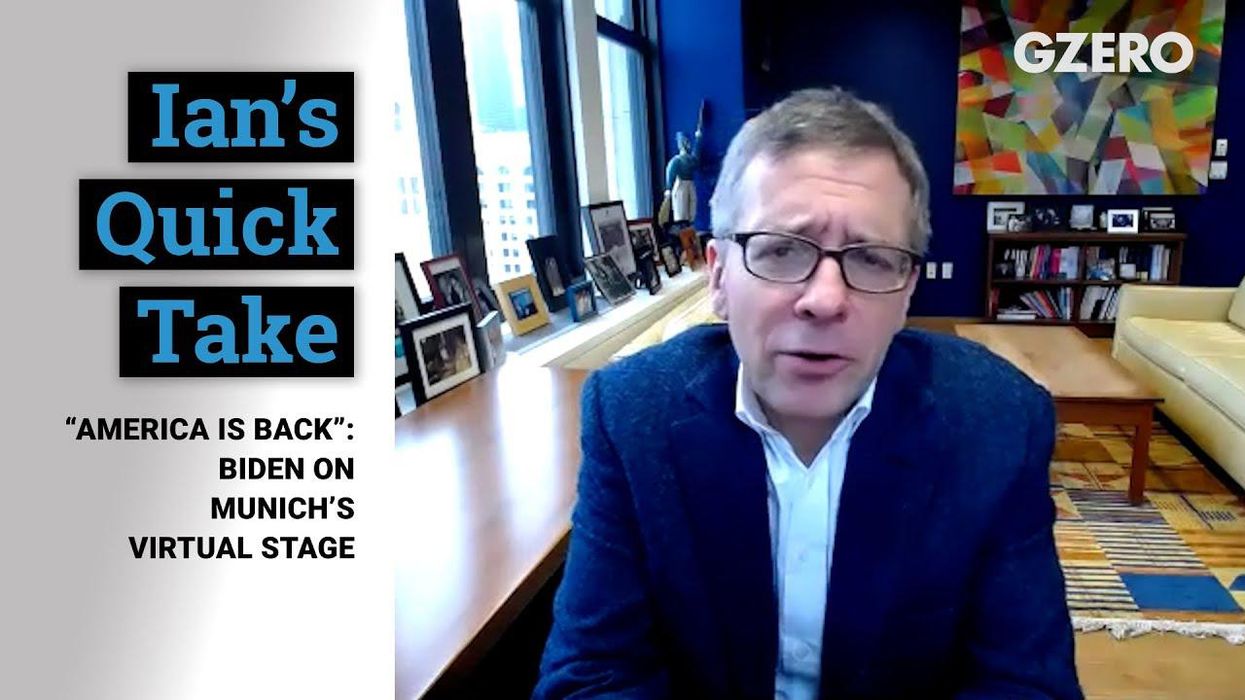GZERO Europe
How Europe might respond to Trump's tariffs
What's going to be the reaction to the Trump trade war against Europe but also against the rest of the world? Carl Bildt, former prime minister of Sweden and co-chair of the European Council on Foreign Relations, shares his perspective on European politics from Stockholm, Sweden.
Apr 03, 2025

